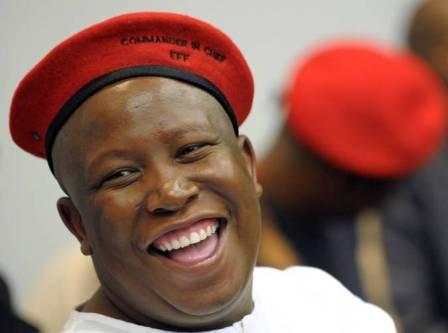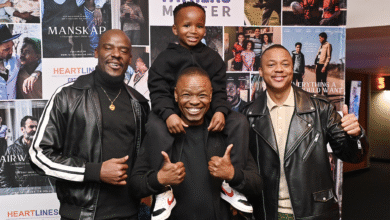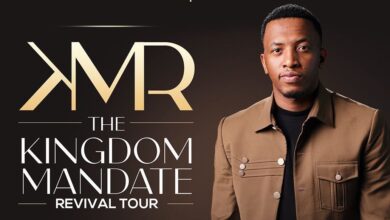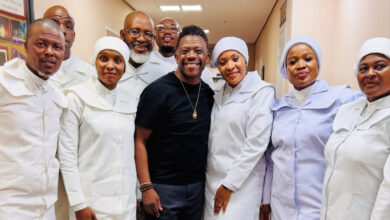20 Things you don’t know about Julius Malema

1. Full name Julius Sello Malema
2. Born 3 March 1981 in Seshego
3. Julius Malema’s mother was a domestic worker and a single parent
4. Julius Malema joined the African National Congress’s Masupatsela at the age of nine or ten.Julius Malema main task at the time, was to illegally remove National Party posters
5. Julius Malema graduated from Mohlakaneng High School in Seshego, Limpopo. In 2010, Malema completed a two-year diploma in youth development through University of South Africa (UNISA). In 2011 he enrolled at UNISA for a Bachelor of Arts degree in Communications and African languages
6. Julius Malema was elected a chairman of the Youth League branch in Seshego and the regional chairman in 1995. In 1997 he became the chairman of the Congress of South African Students (Cosas) for the Limpopo province, and was elected as the national president of that organisation in 2001
7. In 3 April 2010, Malema visited Zimbabwe, in what was described as a visit on indigenisation. On Malema’s return from Zimbabwe, the ANC Youth league released a statement praising Mugabe and Zimbabwe’s land seizures. It also called on South Africa’s youth to follow the example of young people in Zimbabwe, and to engage in agriculture in order to reduce their dependence on white farmers
8. On 11 May 2010, Julius Malema entered into a plea bargain, and three of the charges against him were dropped (the attack on the BBC journalist, his endorsement of Mugabe, and his singing of “Shoot the Boer” after it was banned). He pleaded guilty to criticising Zuma after Zuma publicly censured him, and was ordered by the disciplinary committee to make a public apology for his conduct, fined R10 000 to be donated to a youth development project, and to attend anger management classes
9. Julius Malema became a vocal advocate of nationalising South African mines. Although the ANC, including Mining Minister Susan Shabangu, and President Jacob Zuma made it clear that this was not ANC policy
10. At a 16 June Youth Day celebration, Julius Malema accused white South Africans of “stealing land” and again advocated for the redistribution of land without compensation
11. In April 2010 Julius Malema led a youth delegation to Venezuela to study that country’s nationalisation programme
12. The NDC expelled Julius Malema from the ANC, ordered him to vacate his position as President of the ANC Youth League, but gave him leave to appeal to the NDCA against sanction within 14 days. On 24 April 2012 the appeal process ended when the NDCA confirmed his expulsion with immediate effect
13. Julius Malema also called on black Africans to have as many children as possible so as to increase dominance of ‘our ideas’ in the world at large and help catalyze world revolution
14. Julius Malema told the youth he was in Zimbabwe to gain inspiration and wisdom, so that when he returned home he could “double the spirit of fighting against imperialist forces”
15. A few weeks after the tender controversy was first reported, the ANC Youth League released the personal details of City Press Investigations Editor Dumisane Lubisi, his wife and his children, including their identity numbers, bank details, residential address and vehicle details. Lubisi had reported on the poor construction quality of the Limpopo projects carried out by Malema’s firms
16. A warrant was issued for Julius Malema’s arrest in September 2012 on charges of fraud, money laundering and corruption, in relation to a government contract. The warrant was reportedly issued following an investigation into a tender awarded in 2010 to EduSolutions
17. Julius Malema also faces charges of tax evasion to the tune of R16-million after it was revealed that he was linked to companies that obtained other lucrative contracts from the Limpopo government
18. In February 2013 it was reported that Julius Malema’s property would be auctioned off to pay a R16.1 million debt he owed the South African Revenue Service (SARS) after he failed to meet payment deadlines for unpaid taxes
19. Julius Malema was listed in Time‘s Least Influential People of 2010, whereas conversely Forbes Magazine named him as one of the “10 Youngest Power Men In Africa” in September 2011
20. Julius Malema is a Commander-in-Chief of the Economic Freedom Fighters political movement, of which he founded in July 2013




